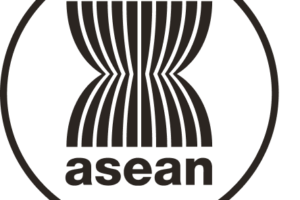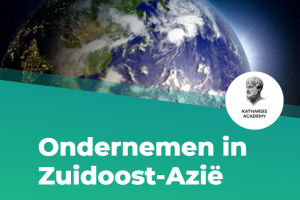According to the EF English Proficiency Index (EF EPI) 2024, which assesses English skills among non-native speakers, the performance of ASEAN countries is as follows:
ASEAN English Proficiency Rankings (2024)
| Country | Global Rank | Score | Proficiency Level |
|---|---|---|---|
| Singapore | 3 | 609 | Very High |
| Philippines | 22 | 570 | High |
| Malaysia | 26 | 566 | High |
| Vietnam | 63 | 498 | Moderate |
| Indonesia | 80 | 468 | Low |
| Myanmar | 93 | 449 | Very Low |
| Thailand | 106 | 415 | Very Low |
| Cambodia | 111 | 408 | Very Low |
Note: Brunei and Laos were not included in the 2024 EF EPI rankings.
Implications for international business and leadership
English proficiency is a critical asset in today’s globalized economy. Here’s how it impacts international business and leadership:
Wealth & Digital Trust Services
Protect, grow, and earn – with licensed wealth and digital trust solutions.
Wealth today extends beyond savings, shares, and property. Digital assets such as cryptocurrency and tokenized investments are increasingly part of modern portfolios.
Our Wealth & Digital Trust Services unite all your assets into a single, secure, and fully licensed trust structure designed to protect, manage, and grow your capital.
Read more →

-
Global competitiveness: Countries with higher English proficiency, like Singapore, Malaysia, and the Philippines, are better positioned to attract foreign investment and participate in international markets.
-
Workforce efficiency: A proficient English-speaking workforce facilitates smoother communication in multinational companies, enhancing productivity and collaboration.
-
Leadership opportunities: Leaders from high-proficiency countries have an advantage in global forums, negotiations, and partnerships, as they can effectively communicate and build relationships across cultures.
-
Innovation and growth: Higher English proficiency correlates with greater access to global knowledge resources, fostering innovation and economic development.
A word of caution: Beyond the rankings
While these rankings provide valuable insights, it is important not to overinterpret them:
-
Significant regional variation: Within countries like Malaysia and the Philippines, English proficiency can vary widely by region. Urban centers such as Kuala Lumpur or Manila typically demonstrate high proficiency, whereas more rural or remote areas may lag behind significantly.
-
Sector differences: Certain sectors, such as finance and technology, often attract English-proficient workers, while other industries (e.g., agriculture, local services) may operate largely in local languages.
-
Social inequality: High average scores can mask underlying disparities. Access to quality English education often correlates with socioeconomic status, creating gaps within the same country.
-
Business implication: When operating or investing in ASEAN, companies must not rely solely on national averages. Local due diligence regarding language skills — especially in regional hubs versus remote locations — remains critical for successful operations, partnerships, and talent acquisition.
Conclusion
English proficiency remains a key enabler of international business success and leadership influence across ASEAN. However, smart businesses and leaders recognize that a high national score is no guarantee of uniform capabilities across regions and industries. Localized assessments and tailored strategies are essential to fully leverage the potential — and navigate the challenges — of doing business in ASEAN.








Reageer op dit bericht